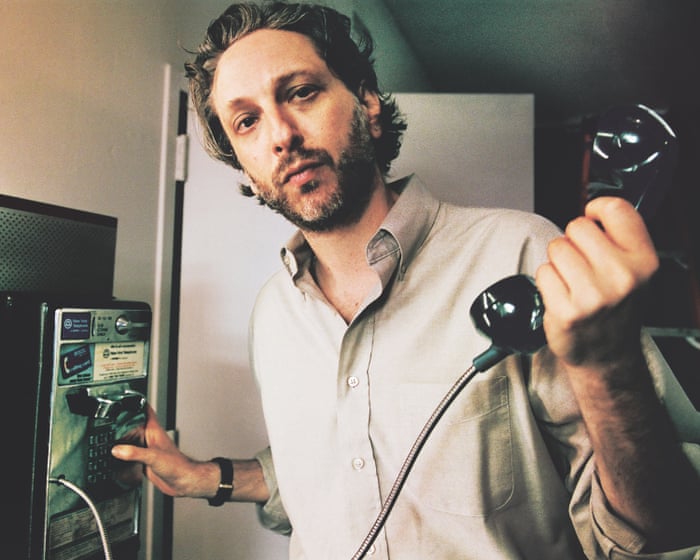Spain commemorated the 50th anniversary of Francisco Franco’s death without official ceremonies, as the prime minister urged the nation to learn from the dictatorship and protect the democratic freedoms that were “taken from us for so long.”
Franco, whose 1936 military coup against the elected Republican government sparked a civil war and led to nearly 40 years of dictatorship, died in Madrid on November 20, 1975.
While the socialist government under Prime Minister Pedro Sánchez has planned a year-long program to reflect on Spain’s transformation after Franco, it deliberately avoided state events on the actual anniversary to prevent any perception of celebrating his death.
The anniversary arrives as worries grow over the fading awareness of the dictatorship, particularly among younger Spaniards. A recent poll showed that over 21% of respondents viewed the Franco era as “good” or “very good,” and another survey found nearly a quarter of Spaniards aged 18 to 28 believe an authoritarian regime can sometimes be preferable to democracy.
In an article for elDiario.es, Sánchez praised Spain’s “almost unique” democratic progress over the past half-century, noting the country’s evolution from a repressive dictatorship to a full democracy and from poverty and isolation to prosperity and global integration.
Without mentioning Franco by name, the prime minister emphasized that “democracy didn’t fall from the sky,” crediting the Spanish people’s determination for securing today’s liberties.
“No democracy—including ours—is perfect,” he wrote. “Much remains to be done to build the Spain we aspire to: a place with more opportunity, rights, and less inequality. Recognizing this helps us move forward and improve. That’s why, at a time when some romanticize authoritarian regimes and cling to a false nostalgia, we must stand up for the freedom that was denied us for so long.”
The government is using historical memory laws enacted three years ago to help Spain confront its past. Efforts include redesignating the Valley of Cuelgamuros—formerly the Valley of the Fallen, where Franco was buried for 44 years—as a “place of memory,” cataloging assets seized by the regime, and removing remaining Franco-era symbols.
Additionally, the government is nearing the closure of the Francisco Franco National Foundation, which aims to preserve the dictator’s legacy. The culture minister announced plans to transfer Franco’s official archive from the foundation to the state, ensuring all Spaniards can access it.We are sending you this newsletter. You can complete your full registration at any time. For more information about how we handle your data, please see our Privacy Policy. We use Google reCaptcha to protect our website, and the Google Privacy Policy and Terms of Service apply.
After newsletter promotion:
“The dissolution of the Francisco Franco Foundation raises the question of what happens to the archive,” said Ernest Urtasun. “We already have a report prepared by the culture ministry that inventories the 30,000 documents in the dictator’s archive. This report confirms that these are public documents related to his role as head of state, making them government property.”
Urtasun added that government lawyers are working to reclaim the archive, “which belongs to the Spanish people and researchers, so everyone can access records of the repression and other information it contains.”
The conservative People’s Party is boycotting the government’s initiative to mark 50 years of democracy, as is the far-right Vox party, which dismissed the program as “an absurd necrophilia that divides Spaniards.”
More than 500,000 people died in the civil war, with hundreds of thousands more forced into exile. Reprisals continued long after Franco’s victory in 1939, and it is estimated that over 100,000 victims of the war and its aftermath lie in unmarked mass graves.
After the dictator’s death, Spain began its transition back to democracy, holding its first free election in 41 years in 1977 and approving a new constitution in a referendum the following year.
Frequently Asked Questions
Of course Here is a list of FAQs about the Spanish Prime Ministers statement on the anniversary of Francos death designed to be clear and helpful
General Beginner Questions
1 Who was Francisco Franco
Francisco Franco was a Spanish general who led a military uprising against the democratic government starting the Spanish Civil War He then ruled Spain as a dictator until his death in 1975
2 What is the anniversary being referred to
Its the anniversary of Francos death on November 20 1975 which marked the end of his 36year dictatorship
3 What exactly did the Spanish Prime Minister say
He urged the country to learn from this period of history emphasizing that Spain should not forget the suffering and repression under the dictatorship and should use that knowledge to strengthen its modern democracy
4 Why is this still a big deal today
Francos regime caused deep political and social divisions Many families are still affected and debates about how to remember that era address past wrongs and handle his legacy continue to shape Spanish politics and society
5 What does learn from history mean in this context
It means acknowledging the injustices and human rights violations of the past to ensure they are not repeated promoting democratic values and fostering a society based on tolerance and reconciliation rather than division
Deeper Advanced Questions
6 What is the Pact of Forgetting
After Francos death Spanish leaders informally agreed to avoid publicly confronting the crimes of the Civil War and dictatorship to ensure a peaceful transition to democracy The Prime Ministers statement is a direct move away from this old pact
7 What are the main political divisions over Francos legacy today
The political right often argues for leaving the past behind to maintain national unity while the left and regional parties push for a fuller reckoning including exhumations from mass graves and the removal of Francoist symbols
8 What is the Historical Memory Law and the Democratic Memory Law
The Historical Memory Law was the first major law to recognize victims of both sides of the Civil War and the Francoist regime The newer Democratic Memory Law goes further strengthening those rights



